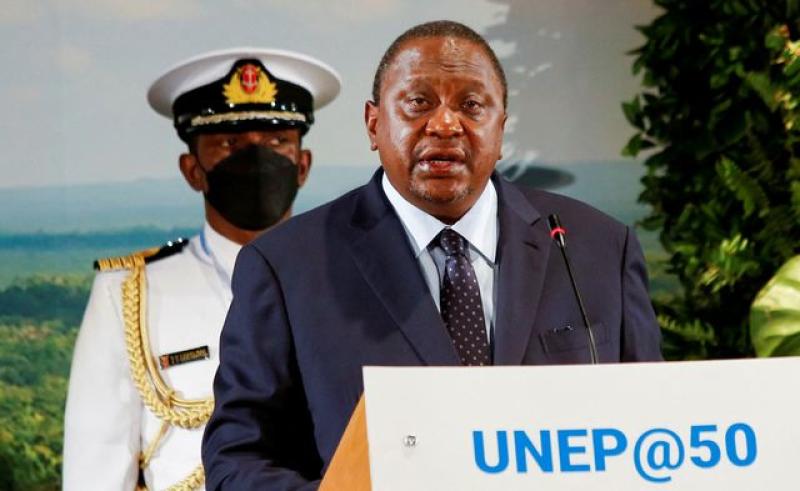×
The Standard e-Paper
Kenya’s Boldest Voice

There were rich commitments yesterday as President Uhuru Kenyatta led officials from member states in celebrating 50 years since the inception of the United Nations Environment Programme (Unep) in Nairobi.
While announcing measures to support UN activities, President Kenyatta said no effort should be spared in keeping climate change and other threats to the environment at bay.